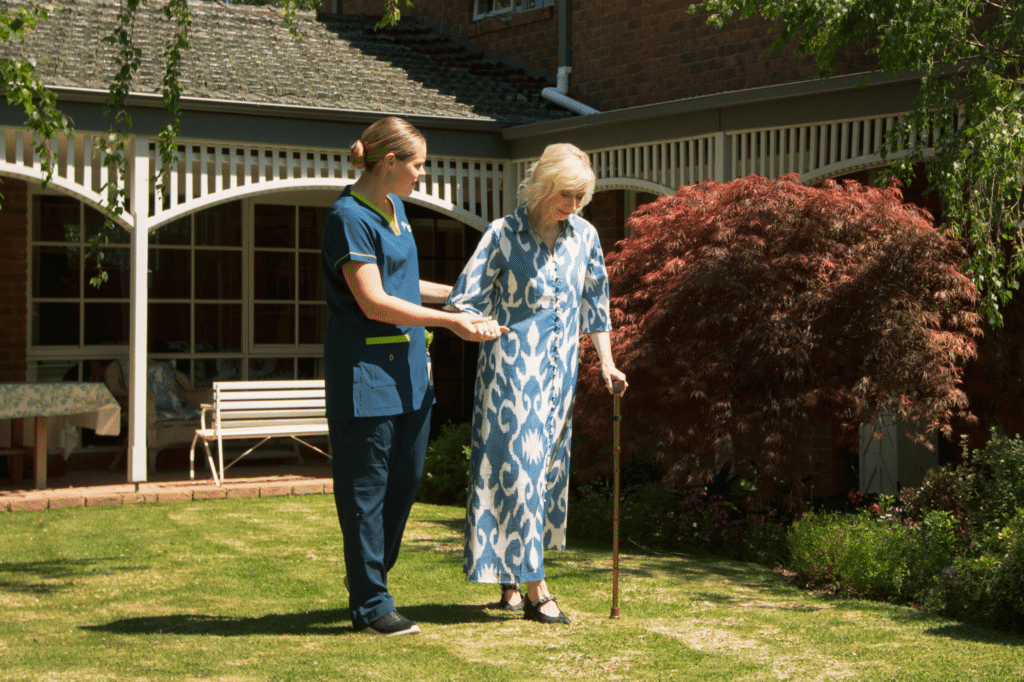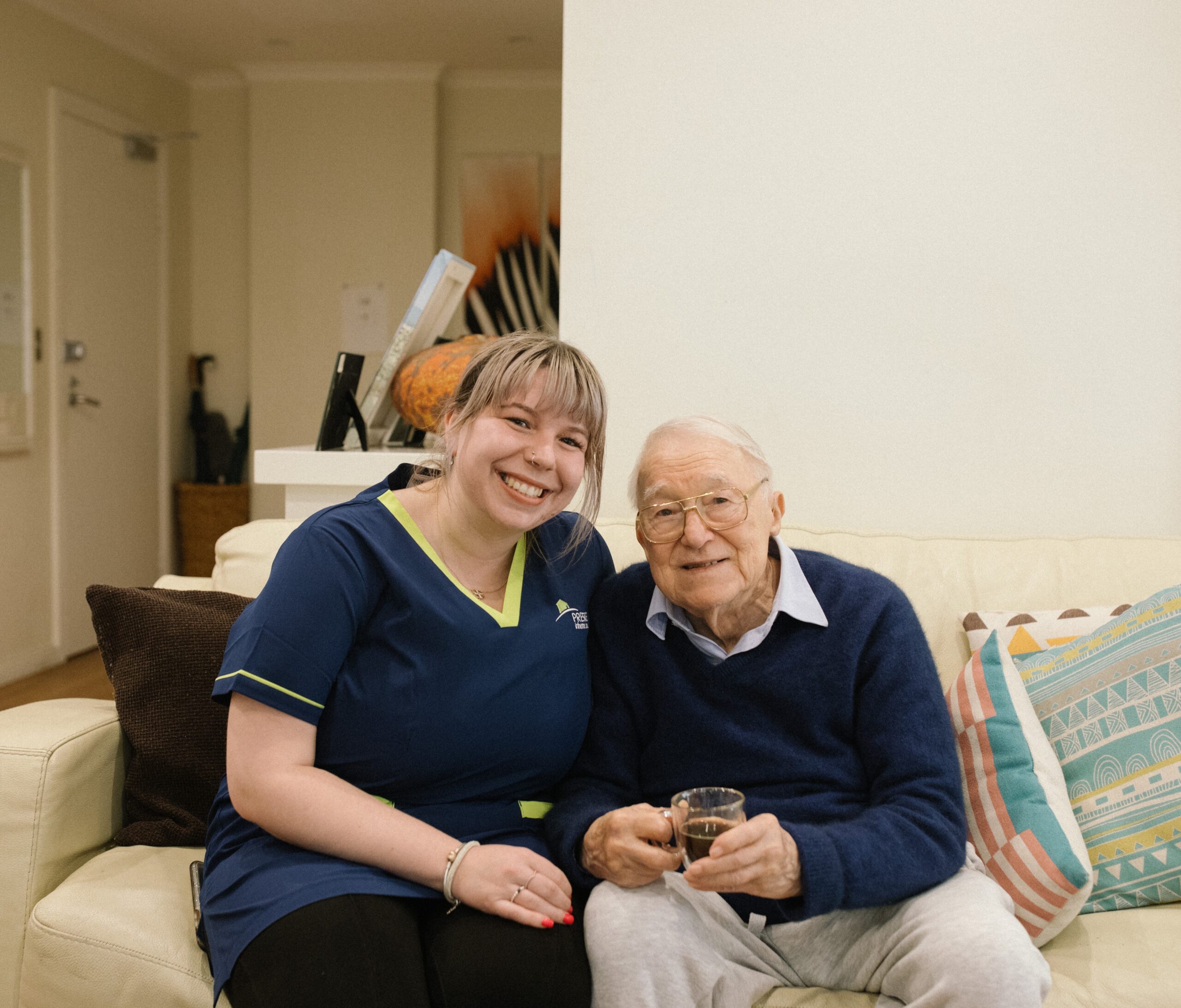The Support at Home program provides funded services that help older people live independently and safely in their own homes. Central to this program is the Support at Home services list, which outlines the government-funded services available to eligible participants, as well as those that are excluded.

What do you need to know about the Support at Home Service List?
Services must be delivered in a home or community setting, and only by providers registered to deliver those specific service types.
Not all services are automatically available, eligibility is based on an individual’s assessed needs, which are documented in their Notice of Decision and support plan.
What is in the Scope of Support at Home Services?
The services list includes a wide range of supports tailored to help older people maintain their health, independence, and quality of life. These services are grouped into three key categories:
Clinical Supports
- These are specialised services designed to help older people maintain or regain functional and cognitive capabilities.
- They must be delivered directly, or under supervision, by university-qualified or accredited health professionals trained in evidence-based prevention, diagnosis, treatment, and management practices.
- Clinical support services are fully funded by the government.
- An example of a clinical service is nursing.
Independence Supports
- These services help older people manage activities of daily living and address the loss of skills required to live independently.
- They may include mobility aids, therapy, or home modifications.
- The participant may be required to make a financial contribution depending on the service and individual circumstances.
- Assistance with self care is an example of an independence support service.
Everyday Living Supports
- These services assist older people in keeping their home in a liveable state, enabling them to stay independent.
- Generally, everyday living services will attract a financial contribution participants.
- Examples include domestic assistance, meal preparation and transport.

Download the Support at Home Service List
The Prestige Inhome Care Service List provides a summary of the most commonly delivered services, though it is not exhaustive. To find out whether a specific Support at Home service is included in the program and under what conditions, please contact Prestige directly.
The government has also compiled a comprehensive list of services included in Support at Home.
How do Support at Home participants know what they can access?
Participants can only access services that are:
- Approved in their support plan
- Delivered by registered providers
- Aligned with their assessed needs
To understand what services you may be eligible for, it’s important to undergo a formal assessment. This ensures your support plan reflects your current needs and goals.

How Your Case Manager Can
Help You
Your Case Manager is your key support in navigating the Support at Home program. They can:
- Explain your eligibility and approved services
- Help you choose the right mix of services
- Coordinate with providers to ensure services meet your needs
- Advocate for changes if your needs evolve
They’re here to make sure your support plan works for you, now and into the future.
For more information on Support at Home services, call our friendly Client Services team on 1300 10 30 10.
